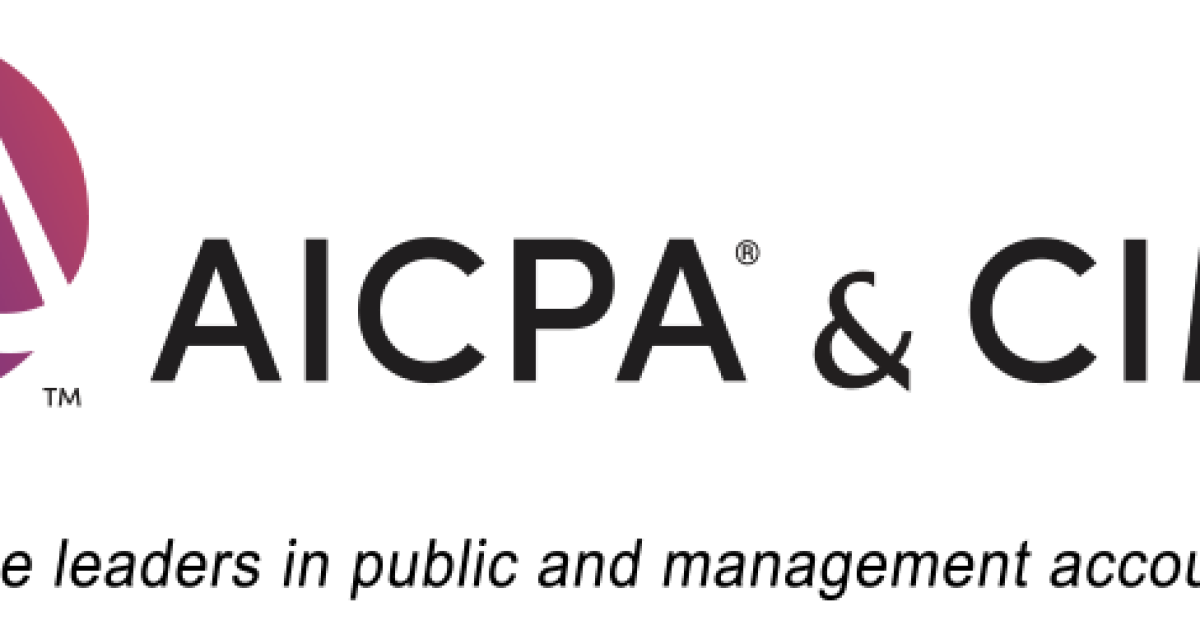Accounting
CIMA updates 2026 CGMA exam syllabus

Accounting
Total college enrollment rose 3.2%
Accounting
Interim guidance from the IRS simplifies corporate AMT
Accounting
In the blogs: Whiplash | Accounting Today
-

 Blog Post3 days ago
Blog Post3 days agoCommon Bookkeeping Challenges and Solutions for Small Businesses
-

 Economics1 week ago
Economics1 week agoMAGA: protecting the homeland from Canadian bookworms
-

 Personal Finance7 days ago
Personal Finance7 days agoHarvard, Trump international enrollment battle affects college applicants
-

 Accounting1 week ago
Accounting1 week agoHighest paid jobs in corporate accounting
-

 Economics7 days ago
Economics7 days agoElon Musk says Trump’s spending bill undermines the work DOGE has been doing
-

 Economics1 week ago
Economics1 week agoHow young voters helped to put Trump in the White House
-

 Personal Finance1 week ago
Personal Finance1 week agoHow to pay college tuition bills with your 529 plan
-

 Finance7 days ago
Finance7 days agoGameStop shares rise as retailer meme stock buys first bitcoin batch, scooping up $500 million











